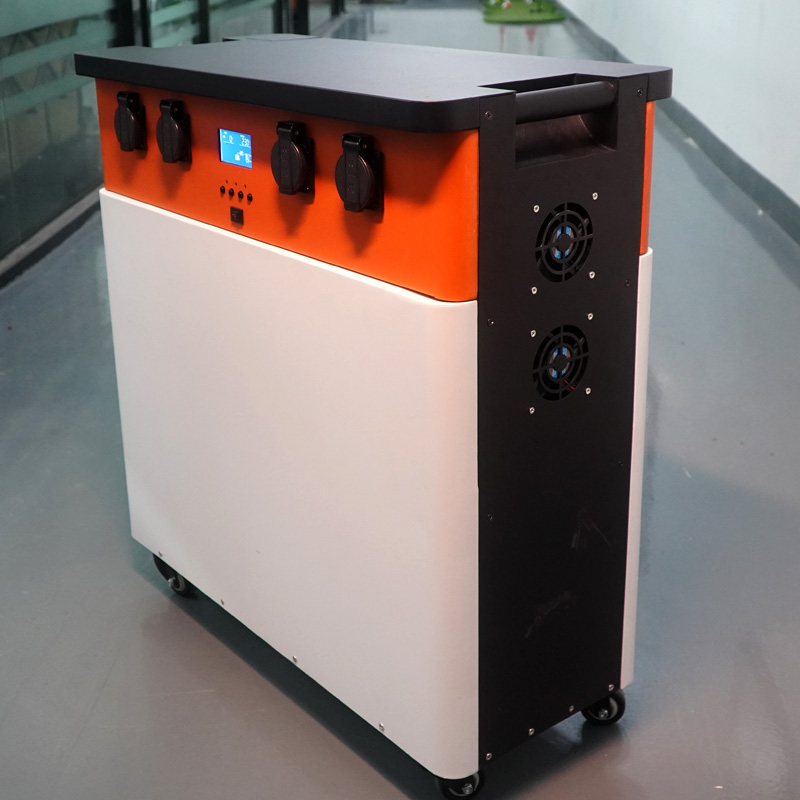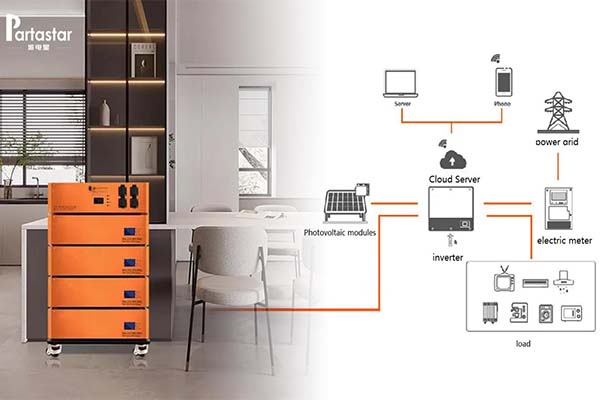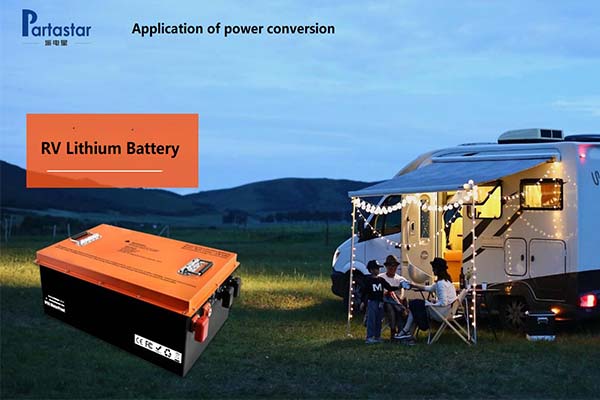As power outages become more frequent and severe due to extreme weather events and aging infrastructure, many homeowners are considering backup generators as a way to keep their homes powered during an outage. While traditional backup generators powered by gasoline or natural gas have been the go-to solution for many years, battery-powered backup generators are becoming increasingly popular due to their convenience and eco-friendliness. In this article, we will explore the question of whether battery-powered backup generators are worth it.
Advantages of Battery-Powered Backup Generators
There are several advantages to using a battery-powered backup generator over a traditional backup generator. One of the main advantages is that it is much quieter than a traditional generator. This is because there are no moving parts, and the system does not require the combustion of fuel to generate electricity. This makes it ideal for use in residential areas where noise levels must be kept to a minimum.
Another advantage of a battery-powered backup generator is that it is much more eco-friendly than a traditional generator. Traditional generators emit harmful pollutants into the air when they burn fuel, which can be harmful to the environment and human health. Battery-powered backup generators, on the other hand, do not emit any pollutants and are therefore much cleaner and safer for the environment.
Finally, a battery-powered backup generator is much more convenient than a traditional generator. Traditional generators require fuel to be stored on-site, which can be dangerous and inconvenient. Battery-powered backup generators, on the other hand, require no fuel storage and can be easily installed in a basement or garage.

Cost of Battery-Powered Backup Generators
One of the main factors that homeowners consider when deciding whether to invest in a battery-powered backup generator is the cost. Battery-powered backup generators can be more expensive than traditional generators, but they also offer long-term cost savings.
The initial cost of a battery-powered backup generator will depend on the size of the battery bank required to power the home during an outage. The larger the battery bank, the higher the cost of the system. However, it is important to consider the long-term cost savings that a battery-powered backup generator can provide.
Traditional generators require fuel to be stored on-site, which can be expensive and inconvenient. In addition, the cost of fuel can fluctuate depending on market conditions. Battery-powered backup generators, on the other hand, do not require fuel storage and have no ongoing fuel costs.
Furthermore, some battery-powered backup generators are eligible for government incentives and rebates, which can help offset the initial cost of the system. Additionally, a battery-powered backup generator can increase the resale value of a home, making it a worthwhile investment.
Limitations of Battery-Powered Backup Generators
While there are many advantages to using a battery-powered backup generator, there are also some limitations to consider. The amount of power that a battery-powered backup generator can provide is limited by the capacity of the battery bank. The size of the battery bank will depend on the power requirements of the home, the duration of the outage, and the amount of backup power required.
To determine the size of the battery bank required, it is necessary to calculate the power requirements of the home. This can be done by adding up the wattage of all the appliances and devices that will be used during an outage. It is important to note that some appliances, such as refrigerators and air conditioners, require a surge of power when they are first turned on, which must be taken into account when sizing the battery bank.
Once the power requirements have been calculated, it is necessary to determine the duration of the outage and the amount of backup power required. This will depend on the frequency and duration of power outages in the area, as well as the needs of the household.
In general, a battery-powered backup generator is best suited for short-term outages of a few hours to a day or two. For longer outages, a traditional backup generator or a hybrid system that combines a battery backup with a traditional generator may be a better option.
Conclusion
In conclusion, a battery-powered backup generator is a worthwhile investment for homeowners who want to keep their homes powered during a power outage. While there are some limitations to consider, the convenience, eco-friendliness, and quiet operation of a battery-powered backup generator make it an attractive option for many homeowners. When choosing a backup generator, it is important to consider the specific needs of the household and to consult with a qualified professional to ensure that the system is properly sized and installed. Additionally, homeowners should consider the long-term cost savings and potential government incentives and rebates when making their decision.



